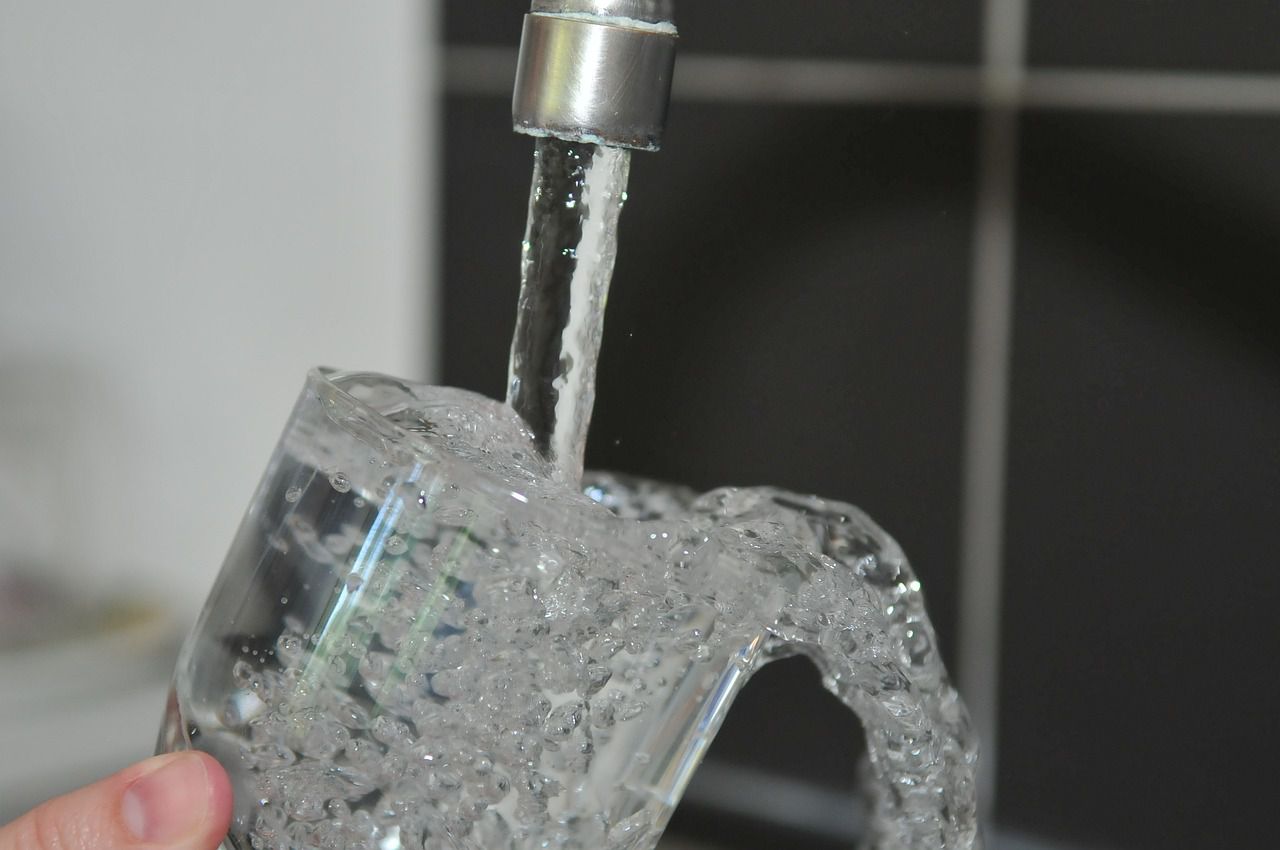Have you ever wondered why your faucets and mirrors are covered in white scales?
Hard water can have several negative effects, both on household appliances and personal comfort.
Here's why hard water is considered undesirable.

Scale Buildup
One of the most common and noticeable effects of hard water is the formation of scale or mineral deposits.
When hard water is heated or evaporates, minerals like calcium and magnesium precipitate out of the water and accumulate on surfaces, such as pipes, faucets, and appliances.
This buildup can reduce water flow, clog pipes, and decrease the efficiency of water heaters and other appliances.
Appliance Damage
Scale buildup can significantly impact the lifespan and efficiency of household appliances.
Appliances like dishwashers, washing machines, water heaters, and coffee makers can become less effective over time due to scale accumulation on heating elements and other components.
Soap Ineffectiveness
Hard water reacts with soap to form soap scum, which can make it difficult to create a lather and rinse effectively.
This can lead to soap and detergent waste, as well as less efficient cleaning of dishes, clothes, and surfaces.
Reduced Cleaning Efficiency
The presence of minerals in hard water can make cleaning tasks more challenging.
Soap scum can be left behind on surfaces, and cleaning agents might not work as effectively, leading to more effort required for cleaning.
Clothing Wear and Tear
Hard water can impact the quality and longevity of clothing.
The minerals in hard water can weaken fabrics over time, leading to faded colors and reduced fabric lifespan.













